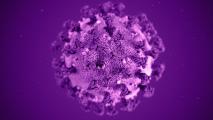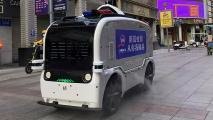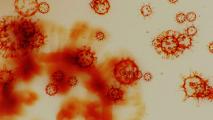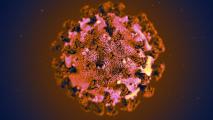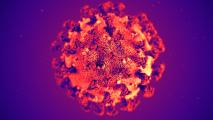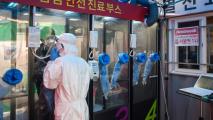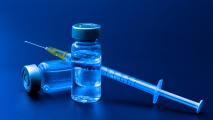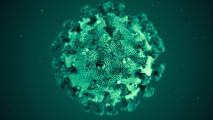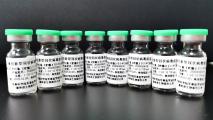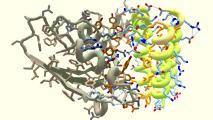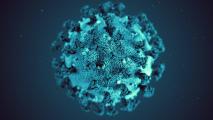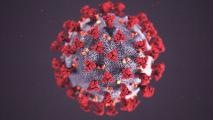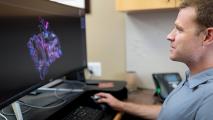
Biotech
Human history has been all but defined by death and disease, plague and pandemic. Advancements in 20th century medicine changed all of that. Now advancements in 21st century medicine promise to go even further. Could we bring about an end to disease? Reverse aging? Give hearing to the deaf and sight to the blind? The answer may be yes. And soon.
More
The daily coronavirus news roundup – thursday, march 26th
An app that can help trace transmission, a 30-minute diagnostics test, and other fresh coronavirus news updates.
Delivery robot distributes supplies during coronavirus
Chinese company Neolix’s delivery robot has proven to be an instrumental — and versatile — weapon in China’ fight against the novel coronavirus.
A smart thermometer is helping fight the coronavirus
Kinsa Health is helping fight the coronavirus by sharing data collected by its smart thermometers as quickly as possible.
New app uses location data to track the coronavirus
Researchers from MIT and Harvard have created a smartphone app to track the coronavirus, and it puts a premium on user privacy.
How deadly is the coronavirus? The numbers may not mean what you think.
Your guide to understanding the confusing and contradictory coronavirus fatality rates.
The daily coronavirus news roundup – wednesday, march 25th
A new blood test in the Netherlands, declining death rates in Italy, and other fresh coronavirus news updates.
Doctors: home-based care for coronavirus could save lives
A group of doctors in Italy is making the case for more home-based care for coronavirus patients as a way of coping with the overwhelming COVID-19 outbreak.
The daily coronavirus news roundup – tuesday, march 24th
A hospital ship off the coast of Los Angeles, the potential new coronavirus treatment, and other fresh coronavirus news updates.
South Korea starts using “phone booths” for coronavirus tests
A South Korean hospital has created “phone booths” where medical staff can complete coronavirus tests on patients during the COVID-19 outbreak.
Flu drug may be an effective new coronavirus treatment
The Japanese flu drug favipiravir is an effective and safe new coronavirus treatment, Chinese officials claim after testing it on 340 patients.
The daily coronavirus news roundup – monday, march 23rd
Solutions to the mask shortage, a massive vaccine and treatment list, and other fresh coronavirus news updates.
Your voice could help train an AI to detect coronavirus
The Corona Voice Detect project is developing an AI-powered system to detect coronavirus infections based on a sample of a person’s voice.
Here is every potential coronavirus treatment and vaccine
Across the globe, researchers are scrambling to find a coronavirus treatment or vaccine that could bring the COVID-19 outbreak to a swift end.
Crowdsourcing the seed for coronavirus antiviral medications
Foldit players are solving a protein structure puzzle that could help kickstart coronavirus antiviral medications.
The daily coronavirus news roundup – friday, march 20th
Each day, Freethink publishes the “Coronavirus Roundup,” a collection highlighting the latest must-read COVID-19 stories from us and others.
FDA to begin testing chloroquine as coronavirus treatment
The FDA has announced plans to begin testing chloroquine, an anti-malaria drug, as a potential treatment for the novel coronavirus behind COVID-19.
How a paralympic swimmer helps advance AI bionic limbs
Morgan Stickney shares about her experimental Ewing amputations and training for the 2024 Paralympics.
An epidemic of false confidence related to COVID-19
To distinguish between the most optimistic and pessimistic pandemic scenarios, we need to measure how many people have developed an immunity to the virus.
Private sector stepping up to combat COVID-19
Cosmetics companies and distilleries are making hand sanitizer and the UK asks manufacturers to make ventilators as the private sector responds to the pandemic.
Our spare computer is helping fight coronavirus. yours can, too.
Help fight the coronavirus by donating your spare computing power to Folding@home, which will use it to run valuable protein-folding simulations.
Get inspired with the most innovative stories shaping the world around us.













